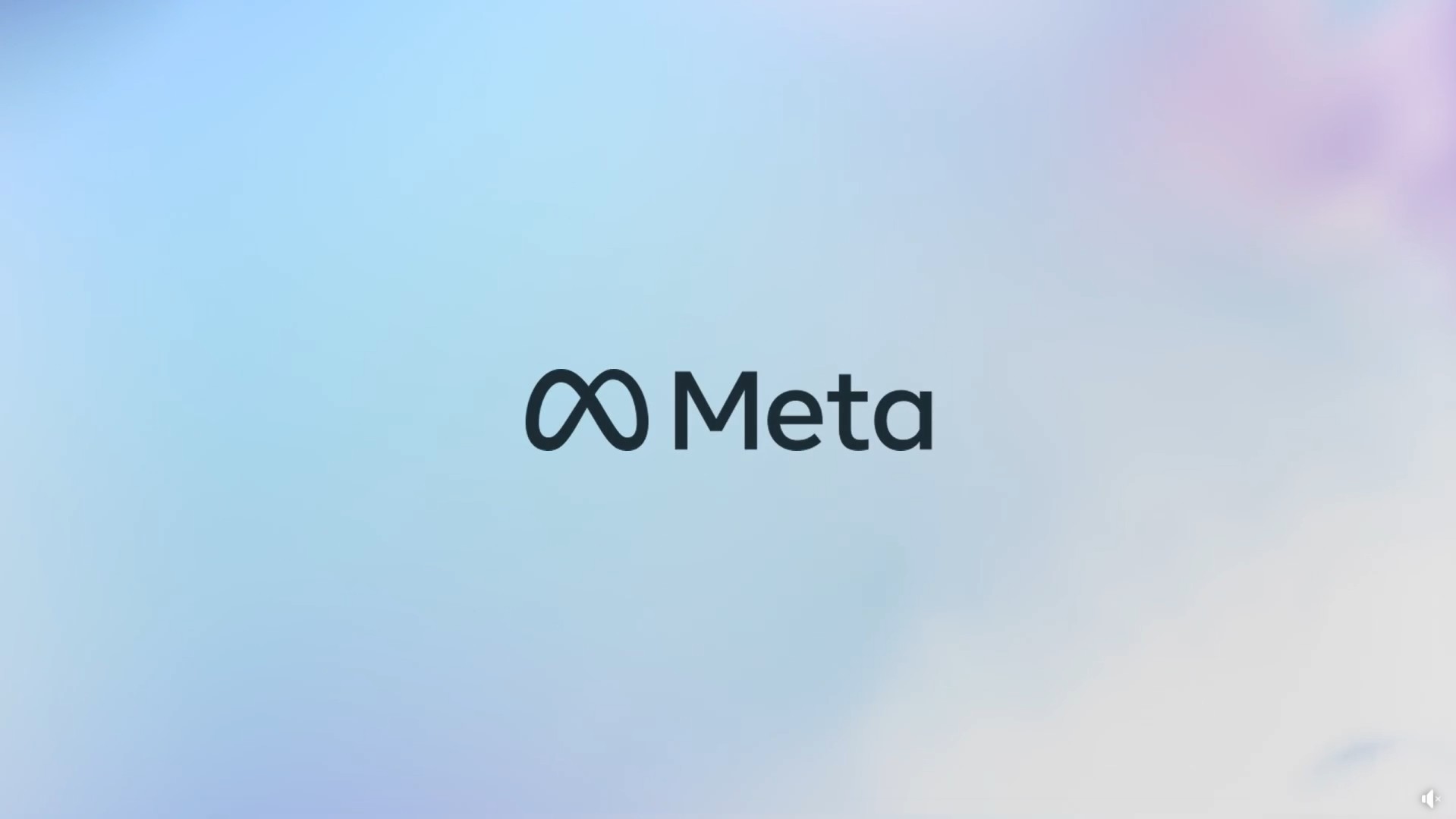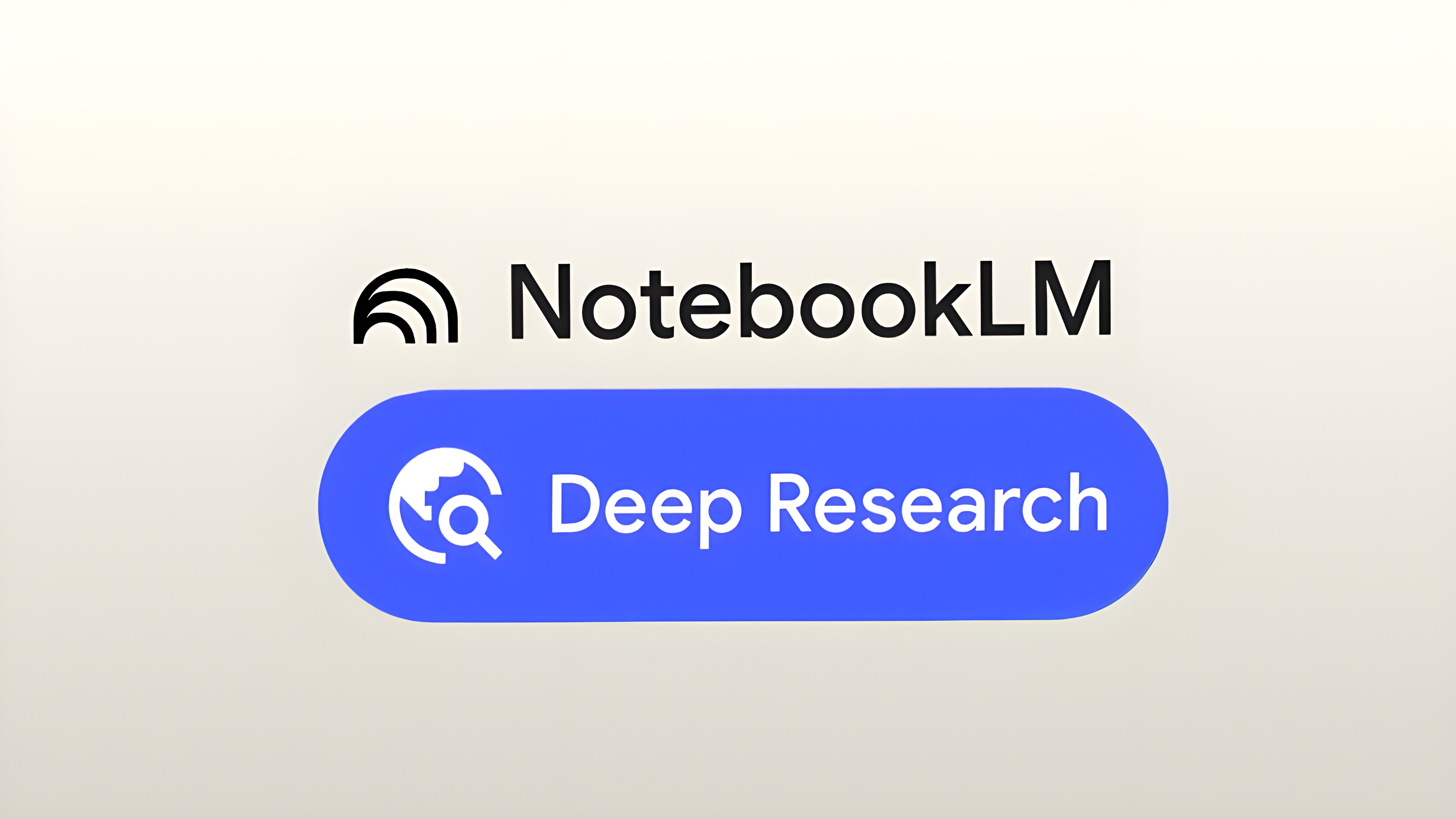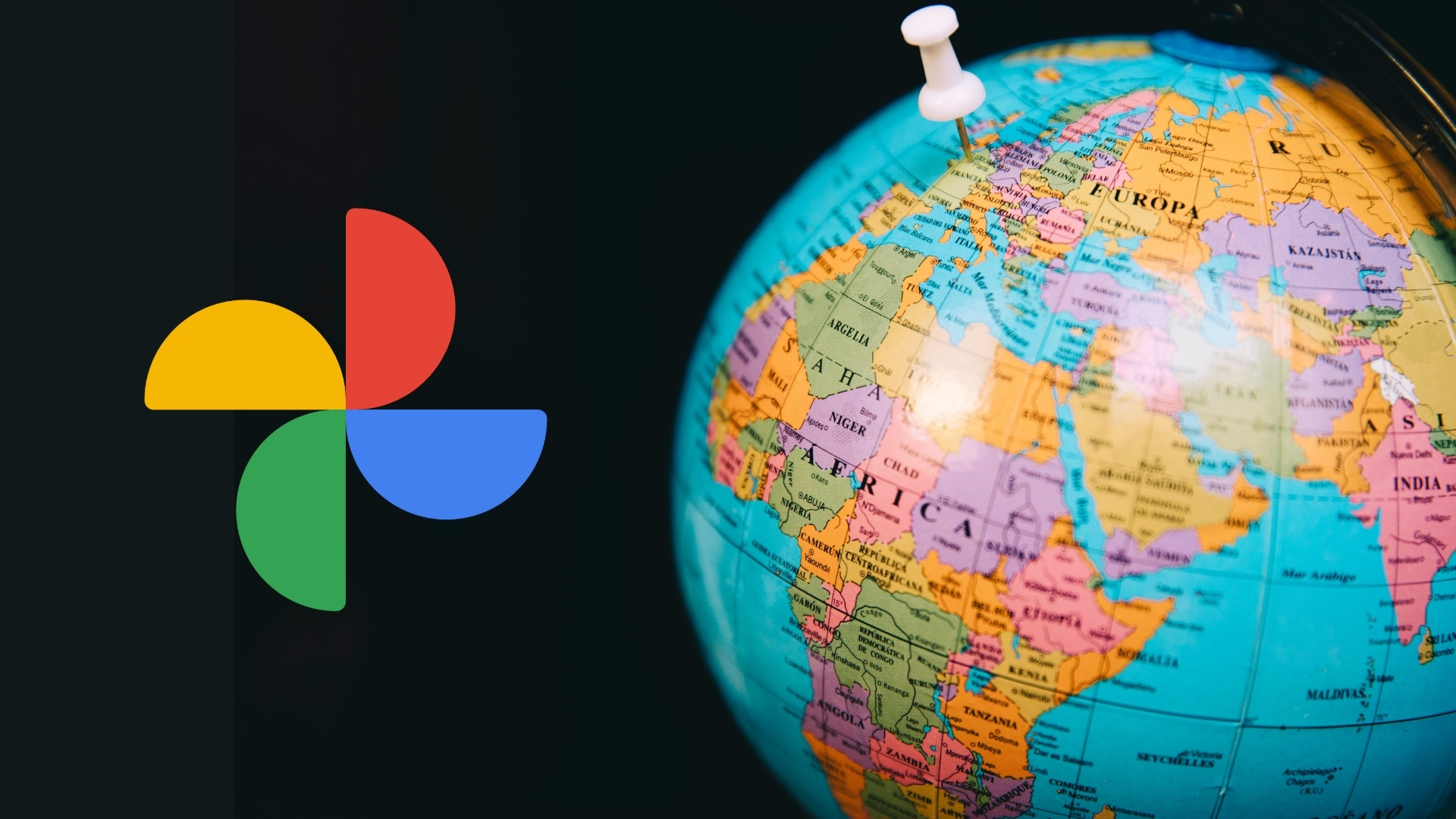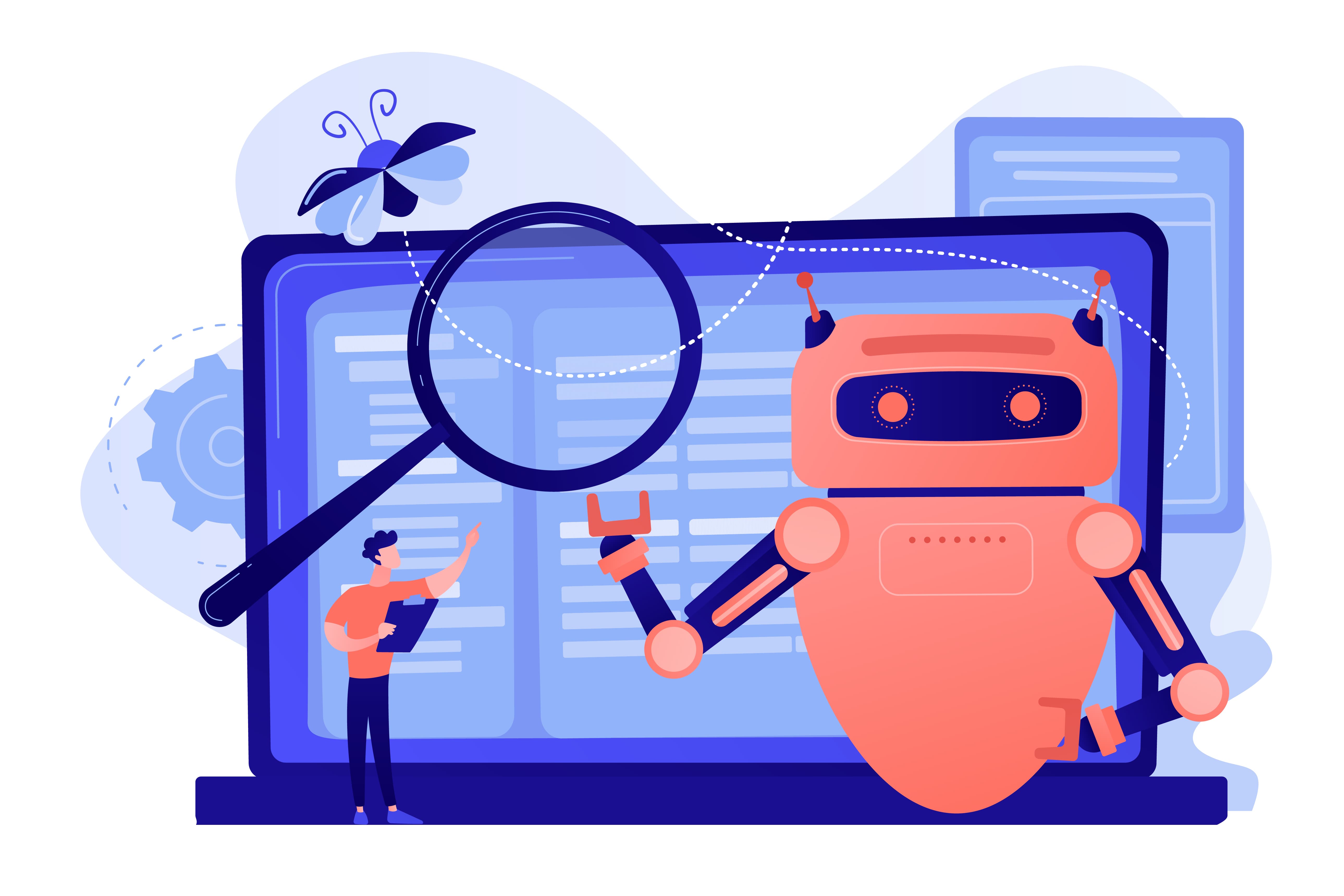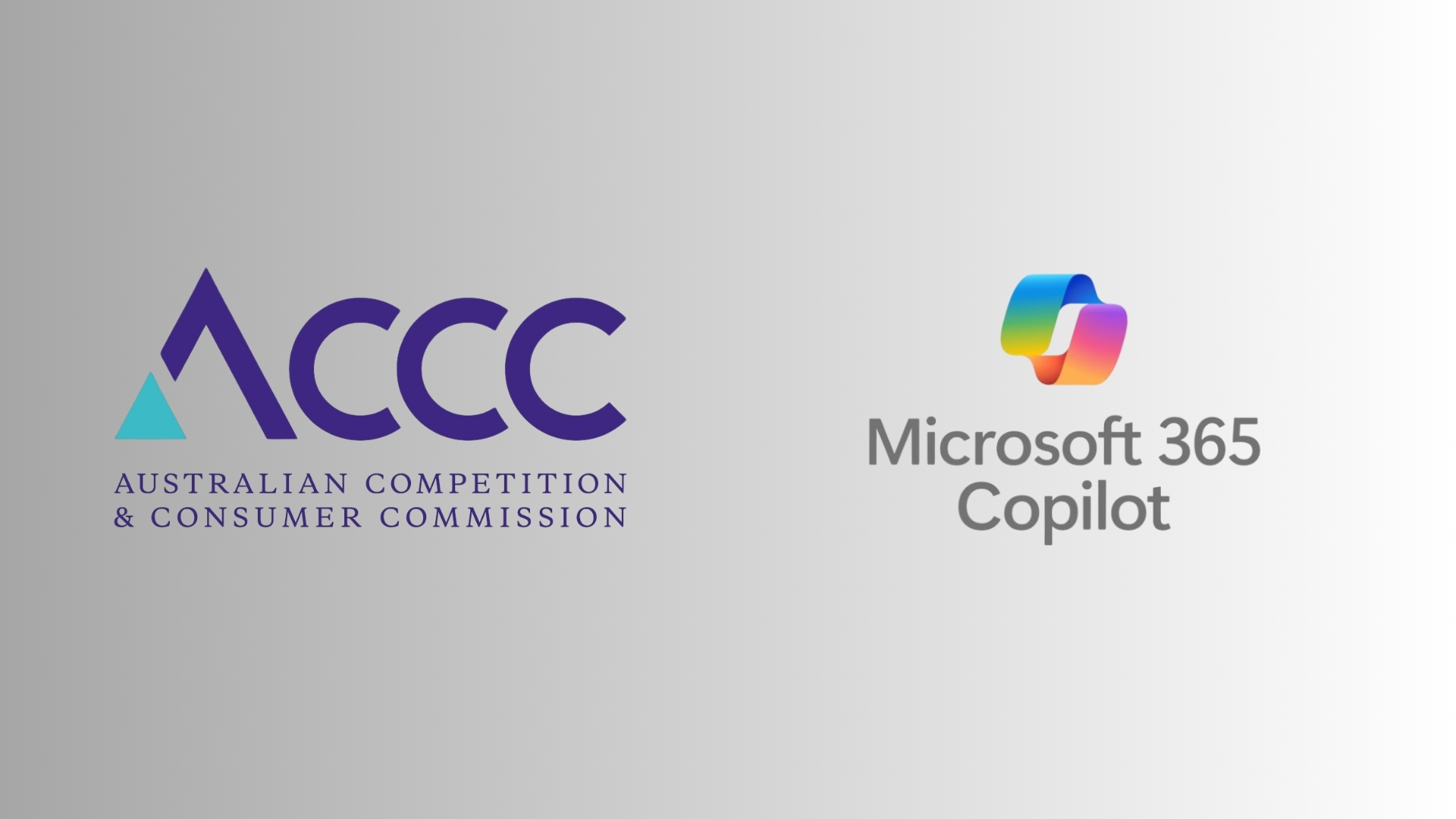Retailers are entering the peak shopping season amid warnings that AI-driven cyber threats will accelerate. LevelBlue’s latest Spotlight Report says nearly half of retail executives are already seeing significantly higher attack volumes, while one-third have suffered a breach in the past year.
The sector is under pressure to roll out AI-driven personalisation and new digital channels, yet only a quarter feel ready to defend against AI attacks. Readiness gaps also cover deepfakes and synthetic identity fraud, even though most expect these threats to arrive soon.
Supply chain visibility remains weak, with almost half of executives reporting limited insight into software suppliers. Few list supplier security as a near-term priority, fuelling concern that vulnerabilities could cascade across retail ecosystems.
High-profile breaches have pushed cybersecurity into the boardroom, and most retailers now integrate security teams with business operations. Leadership performance metrics and risk appetite frameworks are increasingly aligned with cyber resilience goals.
Planned investment is focused on application security, business-wide resilience processes, and AI-enabled defensive tools. LevelBlue argues that sustained spending and cultural change are required if retailers hope to secure consumer trust amid rapidly evolving threats.
Would you like to learn more about AI, tech, and digital diplomacy? If so, ask our Diplo chatbot!


